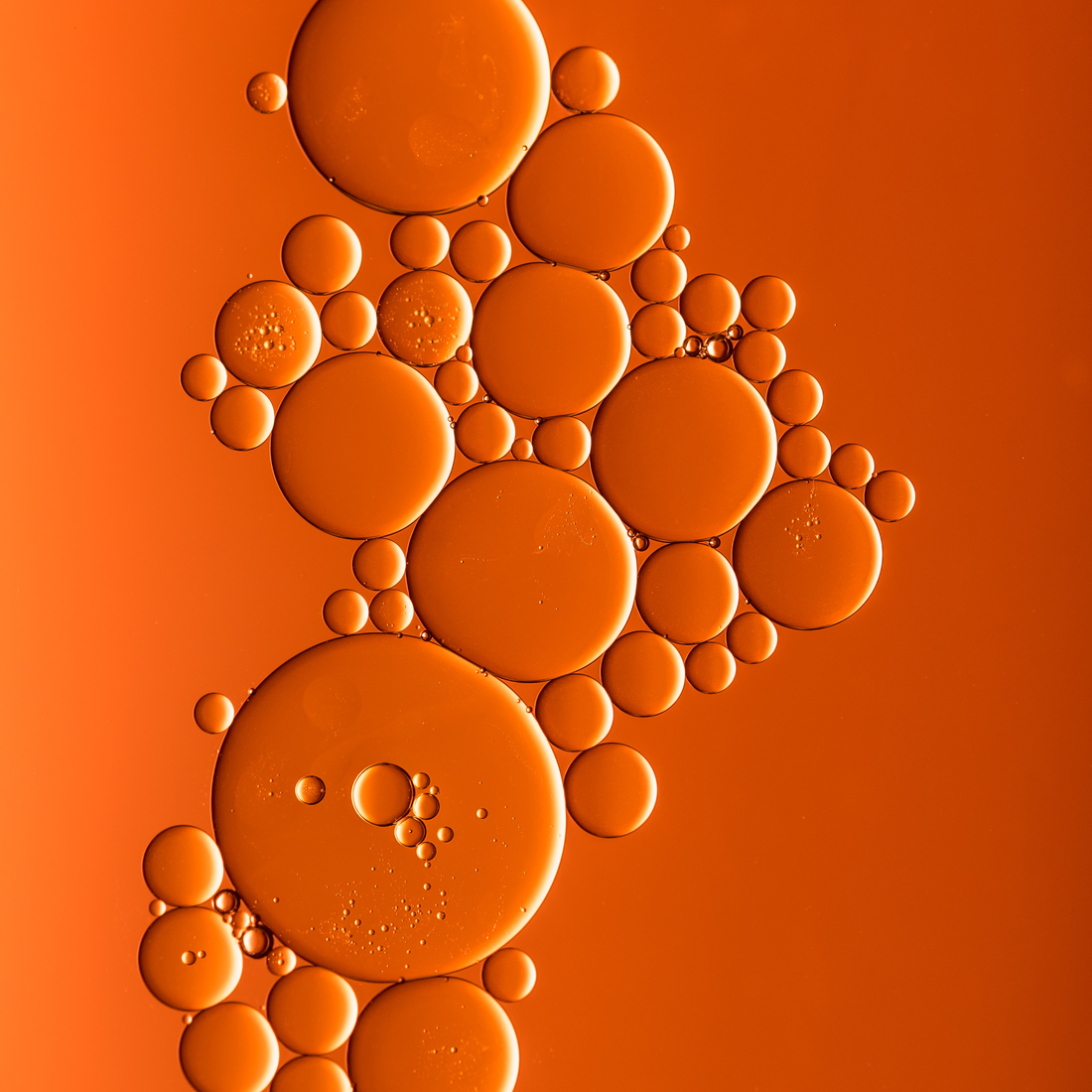Revitalize Your Skin: The Role of Essential Oils in Combating Skin Imbalances

It is a little-known fact, but without bacteria, there are no pimples. Yes, if the skin is protected and isolated from bacterial environments, skin imbalances such as acne cannot appear. Practically speaking, isolating the body from bacteria completely is almost impossible, but there are solutions to purify the epidermis.
Photo by Sharon Pittaway on Unsplash
Bacteria are everywhere and are essential for our survival. However, they can sometimes cause unwanted symptoms, like a high fever or persistent cough. Antibiotics are the primary weapon we have developed to combat them.
There are, of course, both beneficial and harmful bacteria. While some provoke undesirable effects, others are crucial for our survival, especially in terms of the microbiome in areas like the stomach or the skin.
In summary, bacteria are tiny organisms that we coexist with, playing a vital role in maintaining our balance.
So, what is the relationship between bacteria and beauty? Certain bacteria are responsible for contributing to skin issues like acne. Managing the presence of these unwanted bacteria on our skin can theoretically help reduce acne.
Scientific studies have explored this and found compelling results. For instance, Thym essential oil can eradicate 100% of bacteria in a solution containing Enterococcus faecium within hours of application.
The antibacterial effectiveness of essential oils varies depending on the bacteria and the oil used. Below is a list of essential oils noted for their antibacterial properties: thyme essential oil, tea tree essential oil (Melaleuca alternifolia), oregano essential oil, chamomile essential oil, palmarosa essential oil, lemon myrtle essential oil, peppermint essential oil (Mentha piperita at high concentrations), bay leaf essential oil, and cinnamon essential oil (be cautious with high concentrations as they can burn).
For acne-specific bacteria, thyme essential oil is particularly effective, as are rosewood, chamomile, and myrtle essential oils.
When using essential oils, consulting a specialist is recommended, as some oils are photosensitive and can damage the skin when exposed to sunlight. Depending on their concentration, some can burn or stain the skin.
For safe use, consider cosmetic serums with an oil base. These are 100% natural and do not require preservatives, as bacteria hardly grow in oily environments. These serums contain effective yet safe essential oil concentrations. Being categorized as cosmetic products, they undergo numerous dermatological tests before entering the market. Precautions, such as avoiding use during pregnancy or sunlight exposure, are indicated on the packaging.
To wrap up, here’s today’s anti-acne tip. A natural remedy to combat blackheads caused by excess sebum is tea tree essential oil. Its antibacterial and fire-balancing properties make it effective for treating skin marks and imperfections. Dilute a few drops in coconut oil or rose water, and apply to the affected areas with a cotton swab or your fingers. Avoid applying the pure oil directly to the skin, as it may cause irritation.
